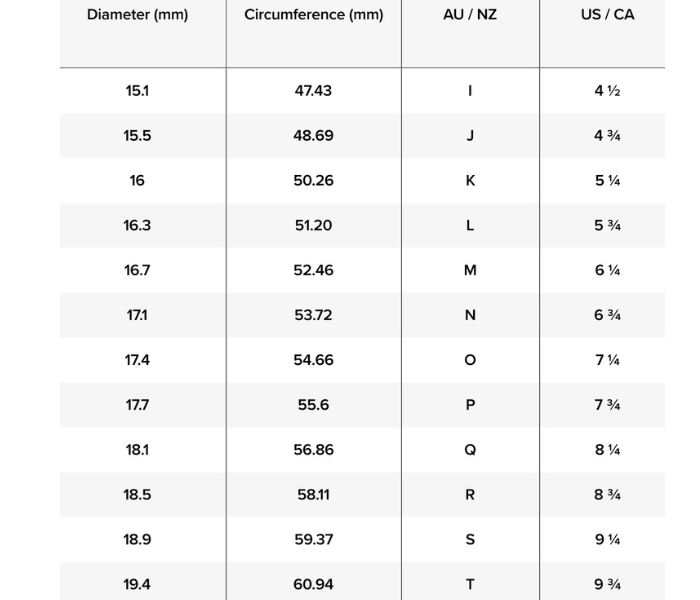Green Living in University Accommodation

In recent years, there has been a growing emphasis on sustainability and environmental consciousness. This trend has extended to university campuses, with more and more students seeking eco-friendly accommodation options. Universities across the United Kingdom have recognised this demand and have taken steps to incorporate green living practices into their accommodation facilities. In this article, we will explore the various ways in which universities are promoting sustainable living in their accommodation, with a particular focus on De Montfort University.
Contents [show]
Green Living Practices in De Montfort University Accommodation
De Montfort University has made significant strides in promoting green living within its student accommodation facilities. The university’s commitment to sustainability is evident in the design and features of its accommodation buildings. The buildings are constructed using eco-friendly materials and incorporate energy-efficient technologies. For instance, many of the accommodation buildings are equipped with solar panels that harness the power of the sun to generate electricity. This renewable energy source helps reduce the carbon footprint of the university and provides students with a greener living environment.
In addition to the architectural features, De Montfort University encourages sustainable living practices among students. Recycling facilities are conveniently located throughout the accommodation buildings, making it easy for students to dispose of their waste responsibly. The university also promotes water conservation by installing low-flow showerheads, taps, and toilets in the accommodation units. Furthermore, students are encouraged to use energy-efficient appliances and to turn off lights and electronics when not in use. By adopting these practices, students can significantly reduce their environmental impact while living on campus.
Sustainable Features of Bangor University Accommodation
Bangor University is another institution that has embraced green living in its student accommodation. The university has implemented several sustainable features within its accommodation buildings to minimise its ecological footprint. One notable feature is the use of rainwater harvesting systems. These systems collect rainwater and store it for non-potable purposes such as flushing toilets and watering gardens. By utilising rainwater, Bangor University reduces its reliance on municipal water sources and conserves this valuable resource.
Furthermore, the accommodation buildings at Bangor University are equipped with energy-efficient heating and cooling systems. These systems are designed to maximise energy efficiency and reduce wastage. Additionally, the university has installed smart lighting systems that automatically adjust the lighting levels based on occupancy and natural light availability. This intelligent lighting system helps minimise energy consumption and ensures that lights are not left on unnecessarily. By incorporating these sustainable features, Bangor University provides students with an environmentally friendly living environment.
Eco-Friendly Initiatives in University of Lincoln Student Accommodation
The University of Lincoln is committed to promoting eco-friendly initiatives within its student accommodation. One of the university’s notable initiatives is the provision of bicycle storage facilities in its accommodation buildings. Encouraging students to cycle instead of relying on motorised transportation not only reduces carbon emissions but also promotes a healthier and more active lifestyle. The university has also partnered with local food producers to offer organic and locally sourced food options within their accommodation buildings. This initiative supports local businesses and reduces the carbon footprint associated with transporting food over long distances.
Additionally, the University of Lincoln has implemented a comprehensive waste management system in its accommodation buildings. Recycling facilities are readily available, and students are educated on proper waste sorting and disposal. The university also organises regular sustainability events and workshops to raise awareness among students and encourage them to adopt environmentally friendly habits. These initiatives at the University of Lincoln demonstrate their commitment to sustainable living and provide students with the necessary tools and resources to make a positive impact on the environment.
Benefits of Living Sustainably in University Accommodation
Living sustainably in university accommodation offers numerous benefits for both students and the environment. Firstly, it allows students to develop a greater sense of environmental responsibility and awareness. By actively participating in eco-friendly practices, students become more conscious of their impact on the planet and are more likely to carry these habits into their future lives. Secondly, sustainable living promotes a healthier and more comfortable living environment. Energy-efficient buildings and appliances reduce energy consumption and create a more pleasant living space. Lastly, adopting sustainable practices helps universities reduce their carbon footprint and contribute to the fight against climate change.
Comparison of Green Living Facilities at Different Universities
While De Montfort University, Bangor University, and the University of Lincoln have all made significant efforts to promote sustainable living within their accommodation facilities, it is worth comparing their green living features. De Montfort University stands out for its focus on renewable energy generation through the use of solar panels. Bangor University’s emphasis on rainwater harvesting and energy-efficient heating and lighting systems is commendable. The University of Lincoln’s dedication to promoting cycling, supporting local food producers, and organising sustainability events sets it apart. Each university has its unique approach to green living, catering to the specific needs and priorities of its student population.
Conclusion: Embracing Green Living in University Accommodation
As the demand for sustainable living options continues to grow, universities are taking proactive steps to incorporate eco-friendly practices into their accommodation facilities. De Montfort University, Bangor University, and the University of Lincoln are leading the way in promoting green living among their student populations. From energy-efficient buildings to waste management systems, these universities are providing students with the tools and resources to live sustainably. By embracing green living in university accommodation, students not only reduce their environmental impact but also develop lifelong habits that contribute to a more sustainable future.




